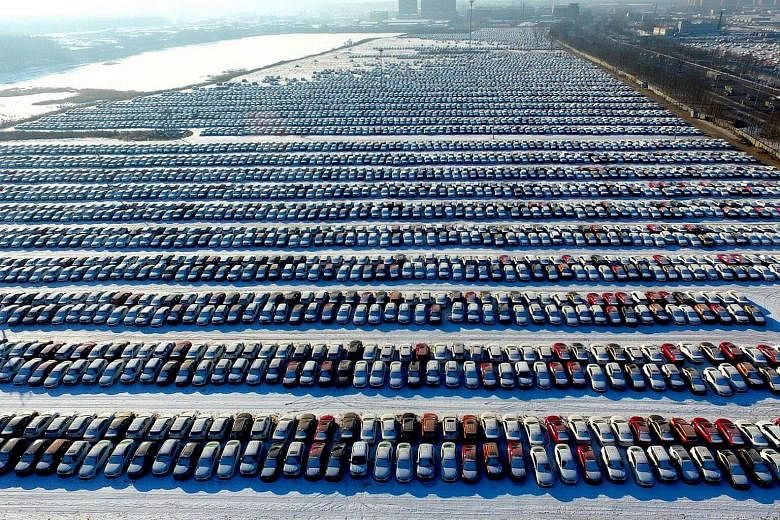BEIJING (Bloomberg) - The rust-belt province of Liaoning fabricated fiscal numbers from 2011 to 2014, local officials have said, raising fresh doubts about the accuracy of China's economic data just days ahead of the release of the nation's full-year growth report.
City and county governments in the northwestern region committed fiscal data fraud in the period, Governor Chen Qiufa said at a meeting with provincial lawmakers Tuesday, according to state-run People's Daily.
Fiscal revenues were inflated by at least 20 per cent, and some other economic data were also false, the paper said, without specifying categories.
Chen said the data were made up because officials wanted to advance their careers. The fraud misled the central government's judgment of Liaoning's economic status, he said, citing a report from the National Audit Office in 2016.
With growth now moderating, officials have sought to improve the credibility of economic data as diffusing financial risks becomes a key policy consideration, along with keeping growth ticking along at a rapid clip.
Ning Jizhe, head of the National Bureau of Statistics, has said China should prevent fake economic data and increase the quality of its statistics.
Liaoning has seen an unprecedented purge of more than 500 deputies from its legislature. The deputies were implicated in vote buying and bribery in the first provincial-level case of its kind in the Communist Party's almost seven-decade rule, according to the official Xinhua News Agency.
Former provincial party chief Wang Min, who led Liaoning from 2009 until 2015, was earlier expelled following corruption allegations by China's top anti-graft watchdog.

